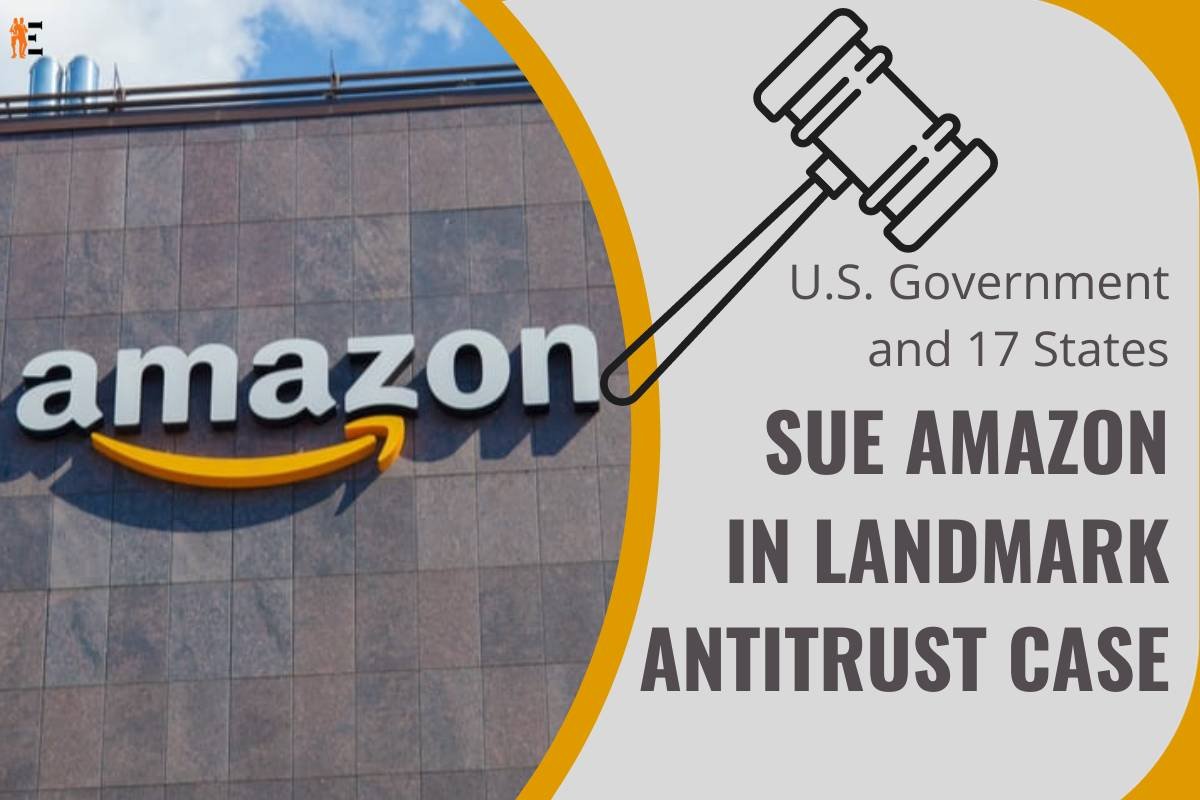The Federal Trade Commission (FTC) and 17 U.S. states have launched a landmark lawsuit against Amazon, accusing the e-commerce giant of engaging in monopolistic practices that harm fair competition. The 172-page complaint alleges that Amazon, initially an online bookstore, has evolved into an all-encompassing retail giant, wielding undue economic dominance.
The Lawsuit
The crux of the lawsuit revolves around Amazon’s alleged unfair promotion of its own platform and services to the detriment of third-party sellers relying on its e-commerce marketplace. The Federal Trade Commission contends that Amazon compels sellers to purchase its in-house logistics services, tying them to “Prime” eligibility benefits. Additionally, the company is accused of coercing sellers to list products at the lowest prices on its platform, limiting its ability to offer competitive prices on other platforms.
This lawsuit follows a similar one filed by California’s attorney general last year, targeting Amazon’s practices concerning sellers and pricing strategies. The new case asserts that Amazon’s dominance in e-commerce forces sellers to accept unfavorable terms, resulting in higher prices for consumers and a suboptimal shopping experience.
Federal Trade Commission Chair Lina Khan emphasized Amazon’s focus on preventing competitors from gaining a critical mass of customers, describing the company’s tactics as stifling competition and leaving a constrained market in its wake.
Federal Trade Commission sues Amazon for illegally maintaining monopoly power
Possibility of a breakup?
The states involved in the case, including Connecticut, New York, and Nevada, collectively aim to challenge Amazon’s alleged anticompetitive behavior. The complaint, filed in the U.S. District Court for the Western District of Washington, seeks a court order to restrain Amazon from engaging in such practices.
Notably, the Federal Trade Commission is not ruling out the possibility of a breakup of Amazon, signaling a potentially significant consequence for the tech giant. While FTC Chair Khan did not explicitly state seeking a breakup, the complaint suggests that any court order could include “structural relief,” a term indicating the potential division of Amazon.
Amazon’s Argument
Amazon, being the third tech giant after Google and Meta to face sweeping antitrust allegations, vehemently denies the accusations. David Zapolsky, Amazon’s Senior Vice President of Global Public Policy and General Counsel, argues that the FTC’s lawsuit deviates from its mission of protecting consumers and competition. He contends that Amazon’s practices have fostered competition, innovation, and selection in the retail industry.
Summing Up
The outcome of this legal battle could have far-reaching implications for Amazon’s business model and the broader tech industry. The lawsuit represents a significant moment in the career of Federal Trade Commission Chair Lina Khan, who has been at the forefront of antitrust scrutiny against Amazon. As the legal proceedings unfold, the tech industry braces for potential shifts in competition dynamics and regulatory oversight.











